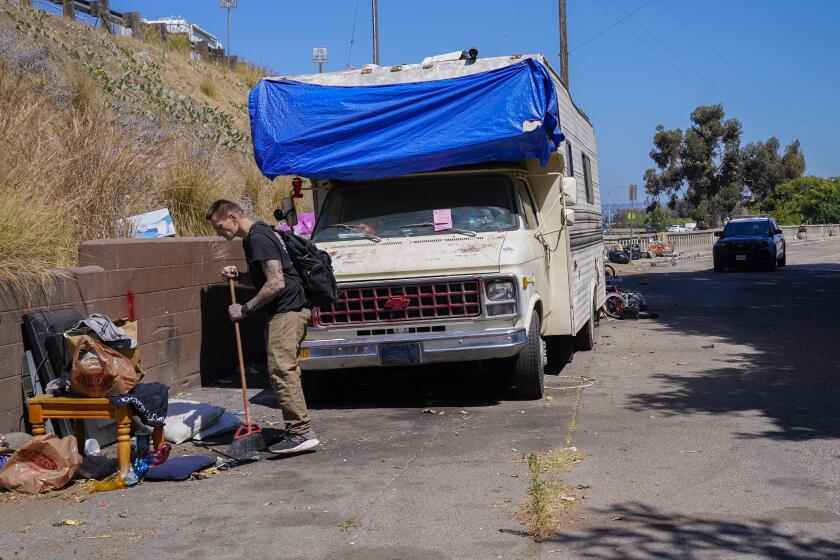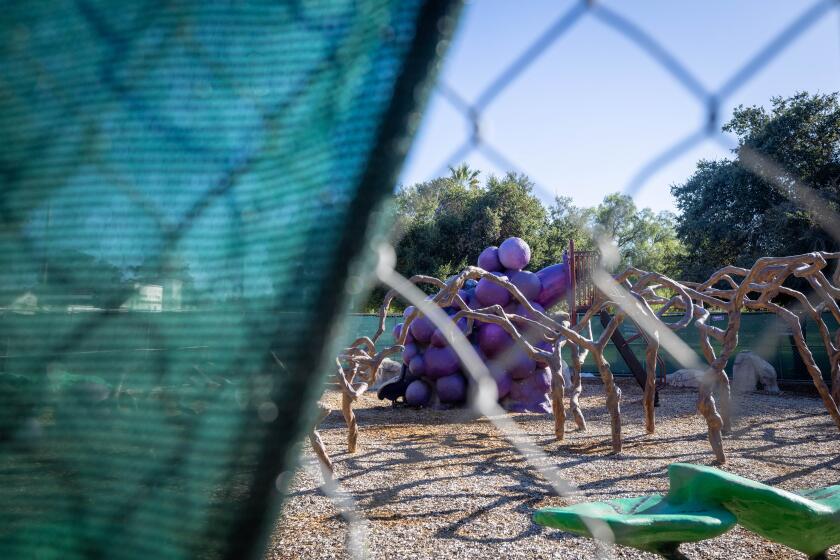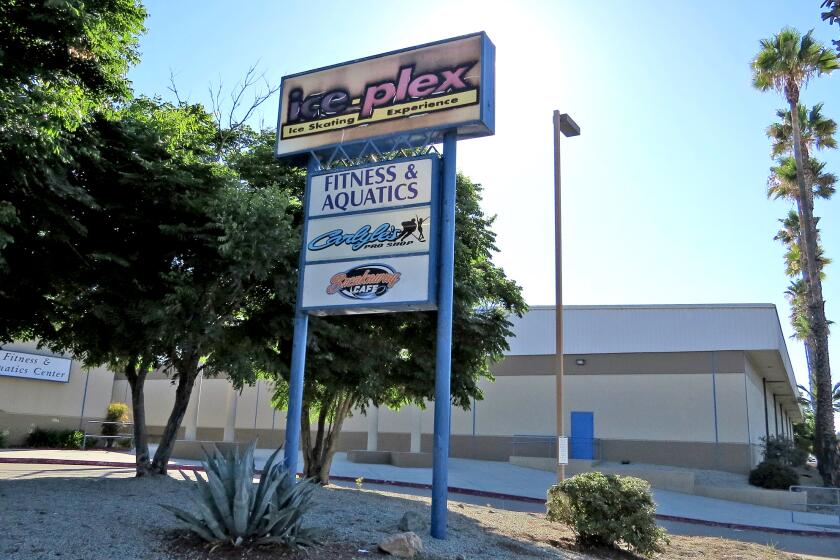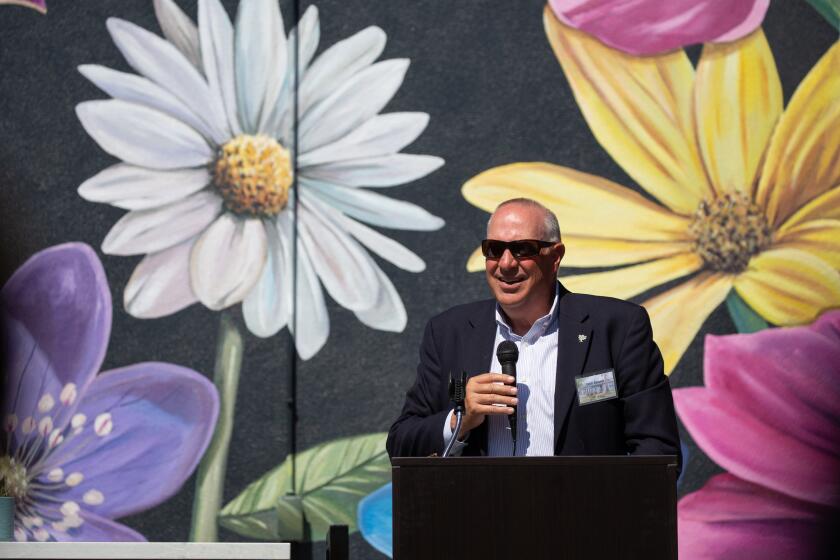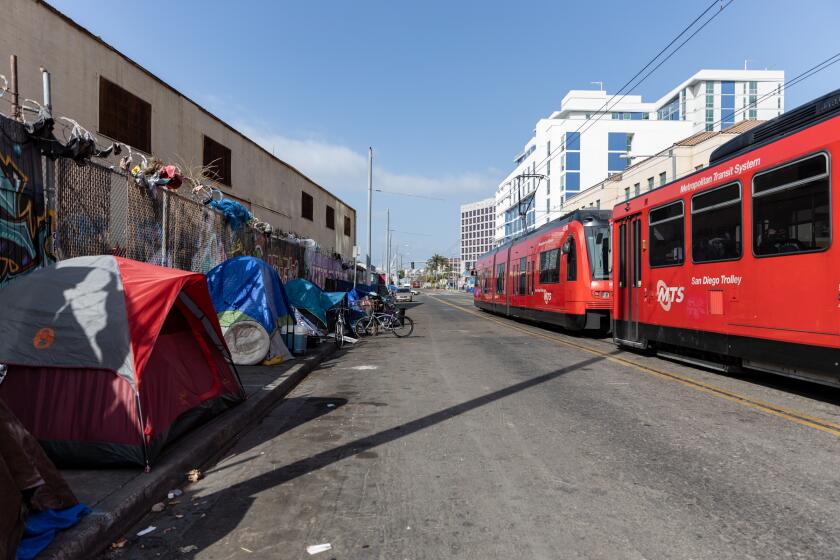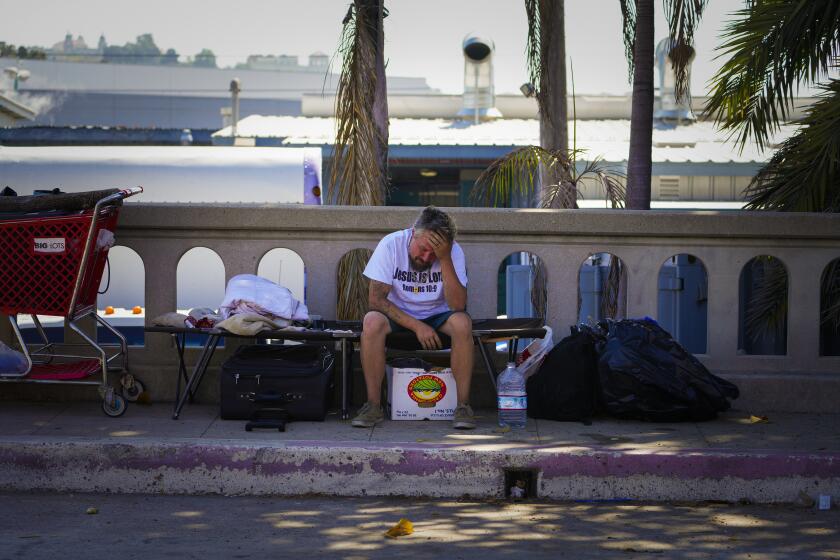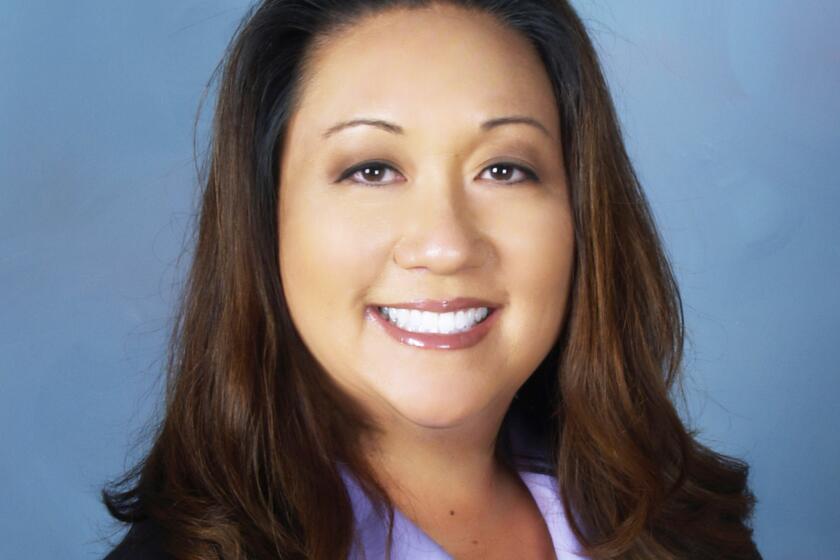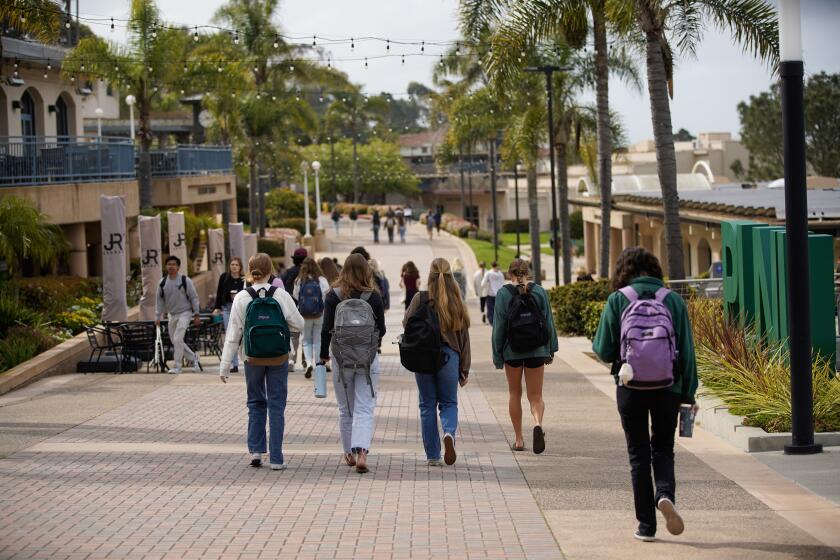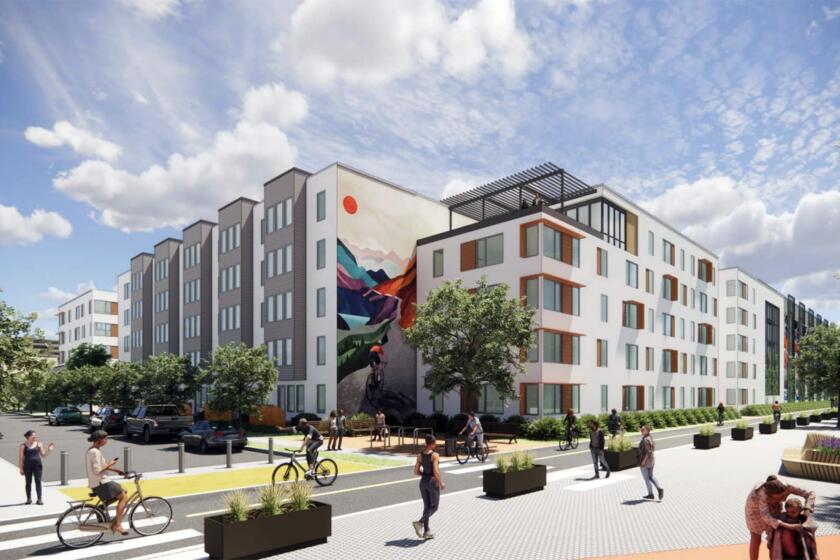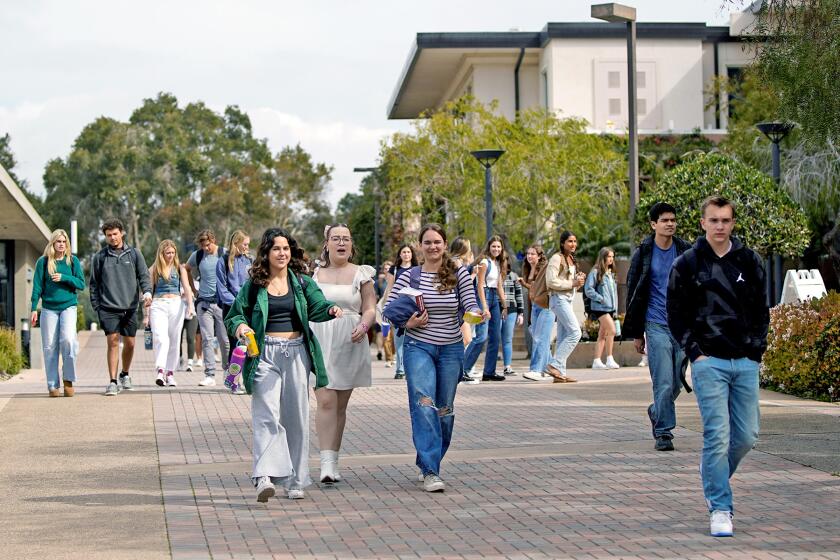SDSU releases sexual violence survey
Despite a number of sexual assaults that have been reported on or near campus in recent years, most San Diego State University students feel safe on campus and would intervene if they saw an assault, a campuswide survey released Thursday found.
The survey also found that most students are aware of the university’s affirmative consent policy and know about reporting processes and victim resources.
The findings confirmed that the school’s efforts to raise student awareness about sexual violence was getting traction, said Emilio Ulloa, director of SDSU’s Educational Opportunity Program/Ethnic Affairs, who oversaw the survey project.
The survey was anonymous and presented students with a range of sexual experience situations. In a key finding, the survey found 15 percent reported having experienced some form of unwanted sexual contact or violence, mostly in the category of unwanted fondling, kissing or rubbing.
Ulloa said that while any amount of sexual assault is too much, the finding was encouraging because it was lower than other national surveys that found about 20 percent of women reported a sexual assault at least once during their college experience.
The survey was sent to more than 30,000 students and was completed by more than 9,000, an impressive 30 percent participation rate, Ulloa said.
SDSU formed a Sexual Violence Task Force in June 2014, and in January 2015 the school received a $200,000 grant from the California Governor’s Office of Emergency Services to better prevent and respond to incidents of sexual assault on campus.
The money allowed the school to hire a full-time sexual assault victim advocate and other resources.
The survey results will provide the school with a better understanding of how students feel about safety and response on campus and give the task force insight into what work needs to be done, said Jessica Rentto, associate vice president of administration.
“The initial survey responses told us we are doing a good job, but there is still work that remains to better educate students and help reduce the risk of sexual violence in the campus community,” she said.
In other findings, 92 percent of students believe they understand how SDSU defines affirmative consent to engage in sexual activity.
Ulloa said the response was an indication that the task force has been successful in educating the campus that the definition of consent is “Yes” rather than an absence of a “No.”
The survey also found that 98 percent of all students do not believe that a person can give consent when they are being threatened or coerced.
Ulloa said 65 percent of students in the survey said they would intervene in some capacity if they witnessed a sexual assault.
“We’re starting from a very good place,” he said about the result, which he expected could improve more with education.
Some other findings suggest there’s work to be done. The survey also found that 56 percent of students believe that sexual acts are non-consensual if a person is incapacitated from alcohol or drugs, and 61 percent believe that when a woman is raped it is because the way she said “no” was unclear.
The rate of sexual assault among students involved in sororities was higher than any other group and higher than the overall campus rate, the survey found.
In another finding, the rate of any sexual assault was 23 percent among those who lived in university housing and 7.7 percent among those who did not live in university housing.
Ulloa said the survey results will be used as a benchmark to determine where to fund education, prevention and response efforts, and follow-up surveys planned for every other year will measure the school’s progress.
The survey results were released at a community-wide awareness event Thursday as part of an ongoing series of conversations and programs conducted by the Sexual Violence Task Force.
It also coincided with Take Back the Week, an annual event organized by the student group Aztecs for Awareness in collaboration with SDSU’s Title IV Department and the Associated Students Association.
The full report will be posted on the university’s Title IX webpage.
Get Essential San Diego, weekday mornings
Get top headlines from the Union-Tribune in your inbox weekday mornings, including top news, local, sports, business, entertainment and opinion.
You may occasionally receive promotional content from the San Diego Union-Tribune.

